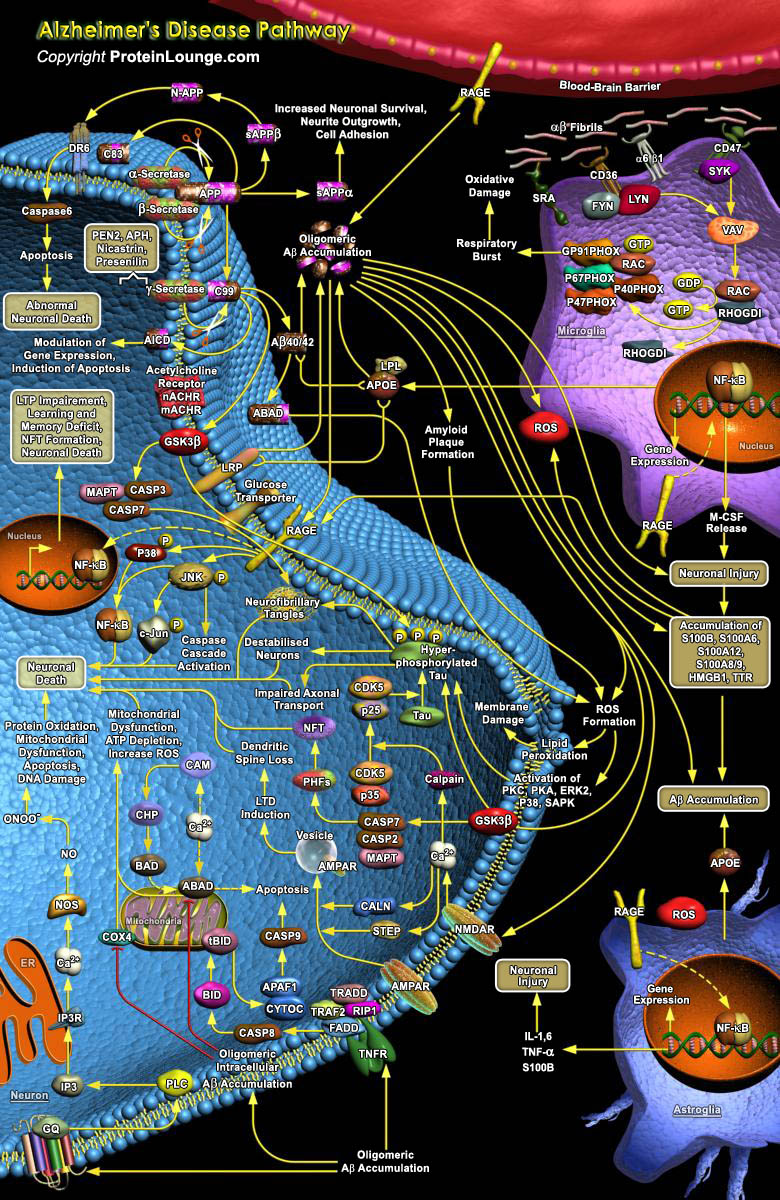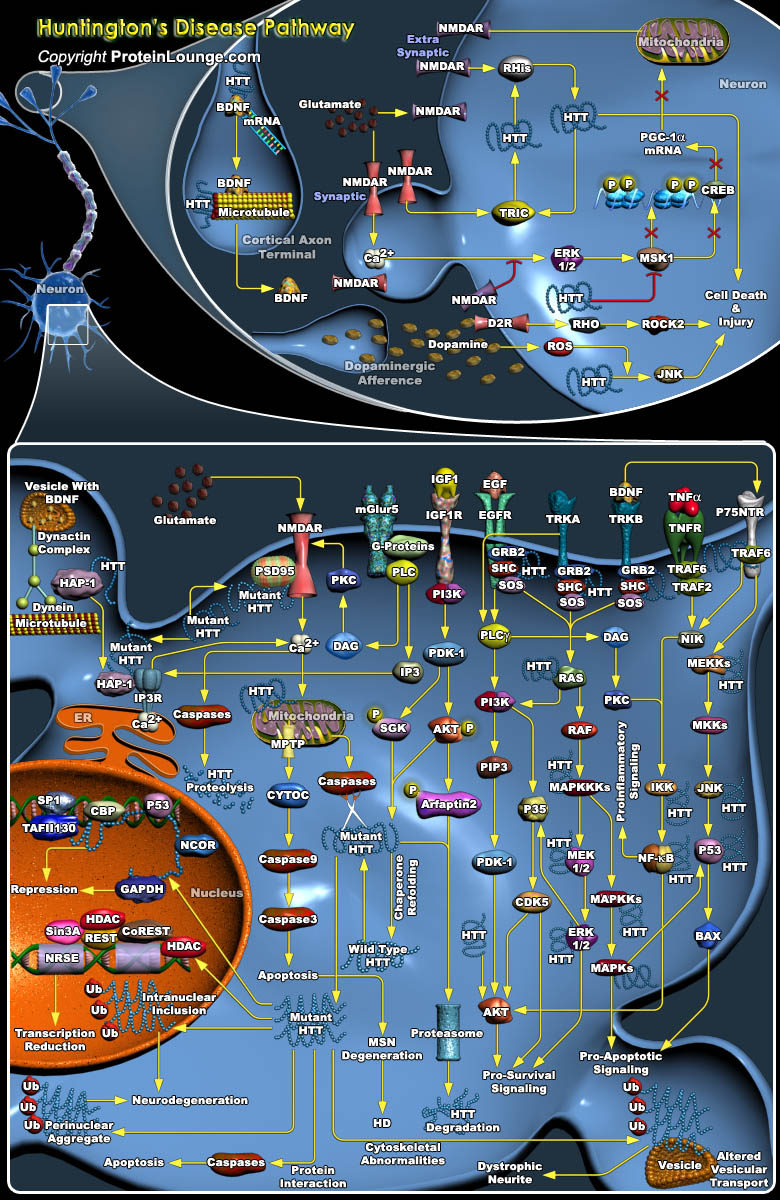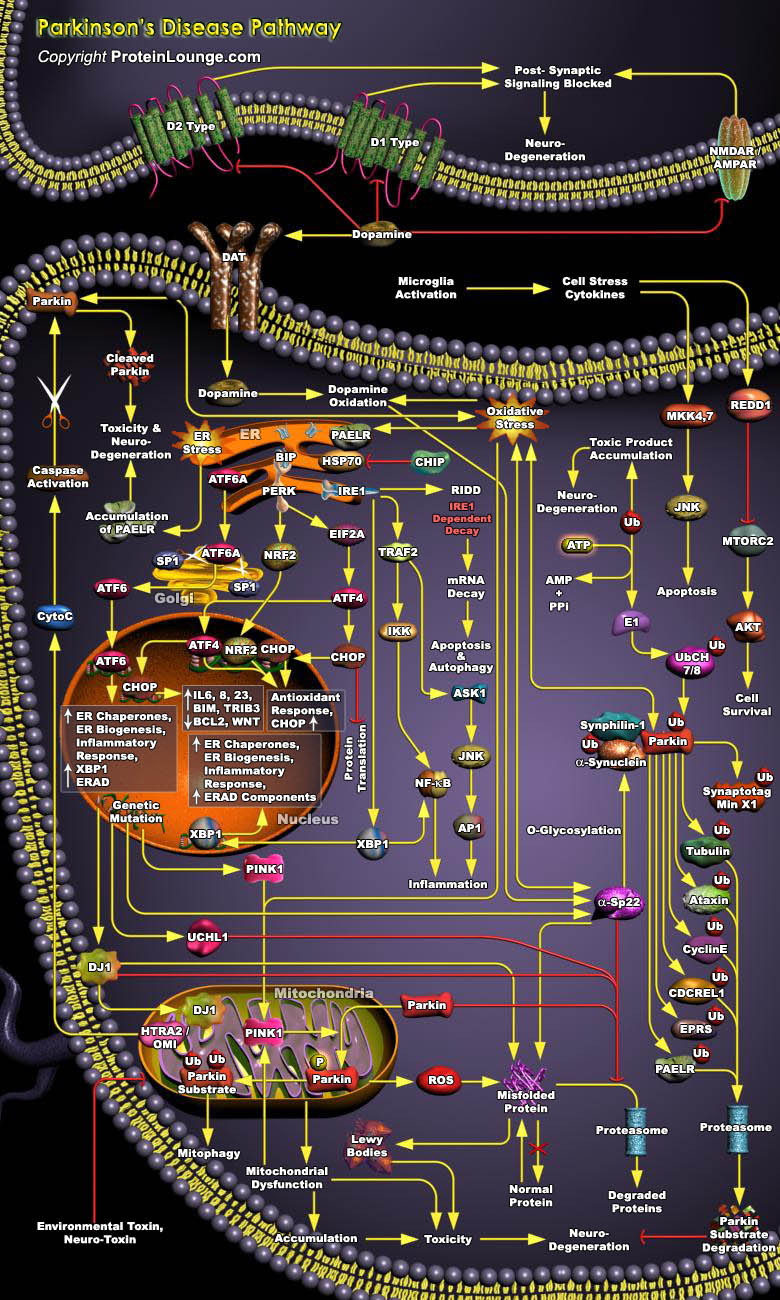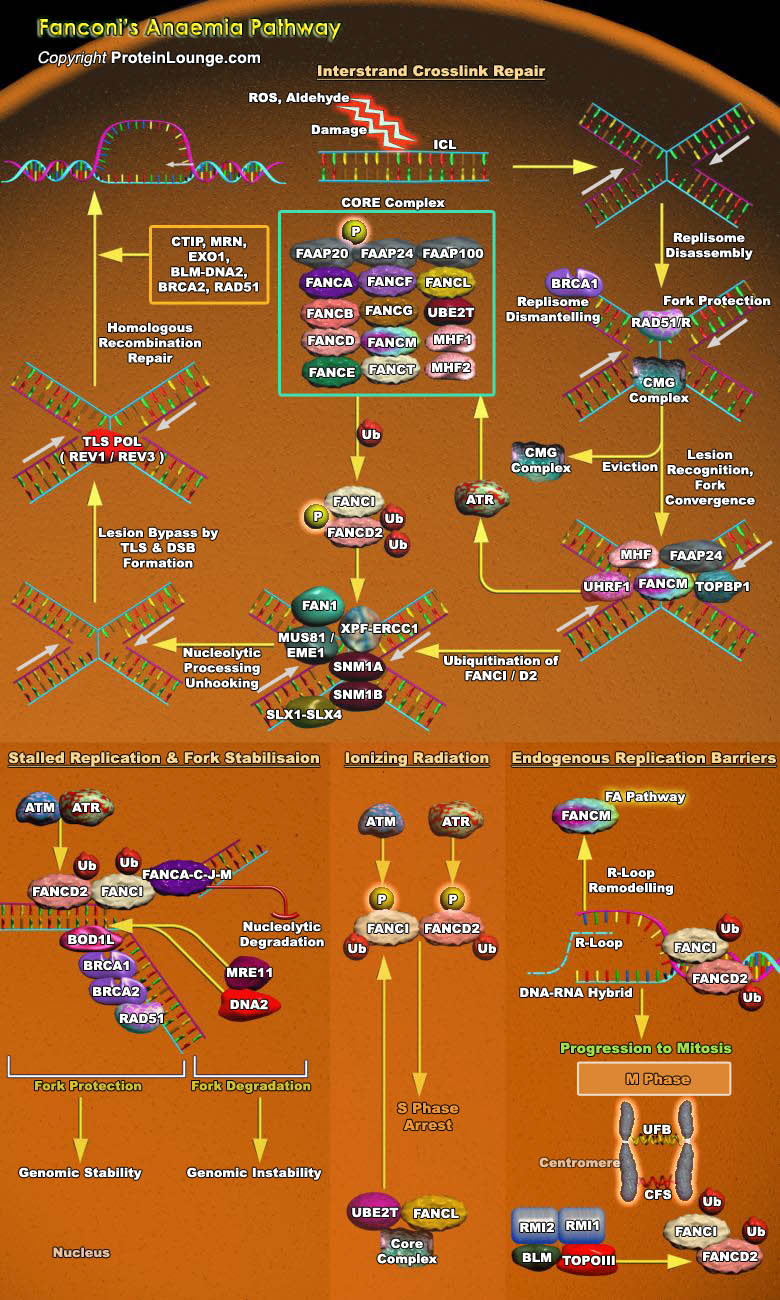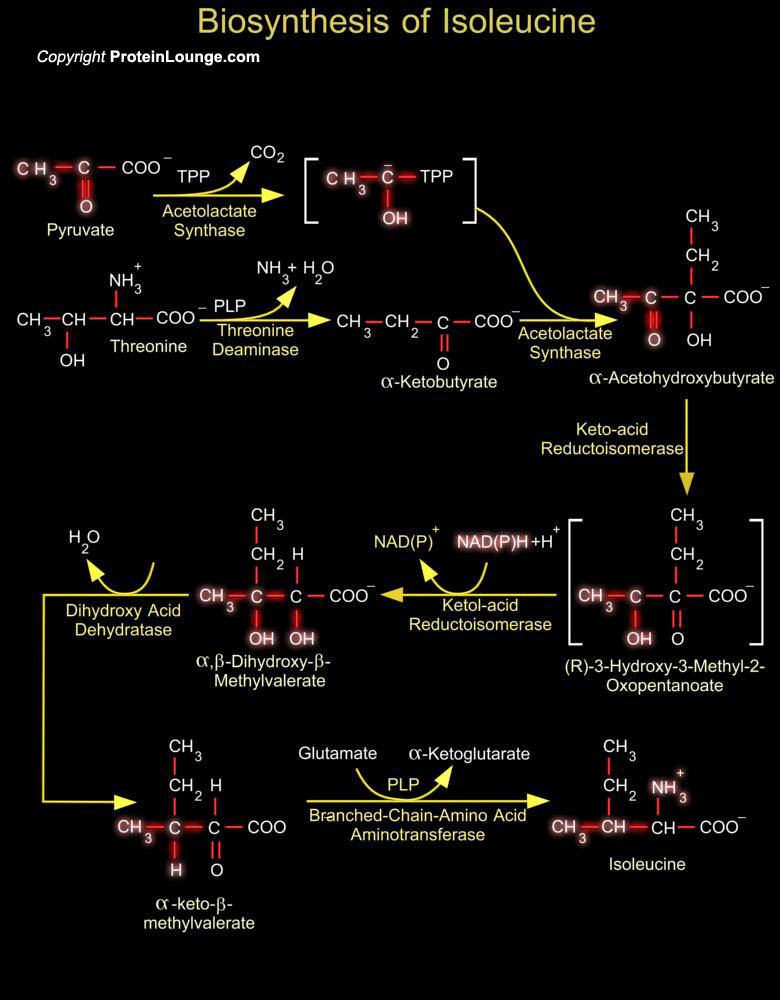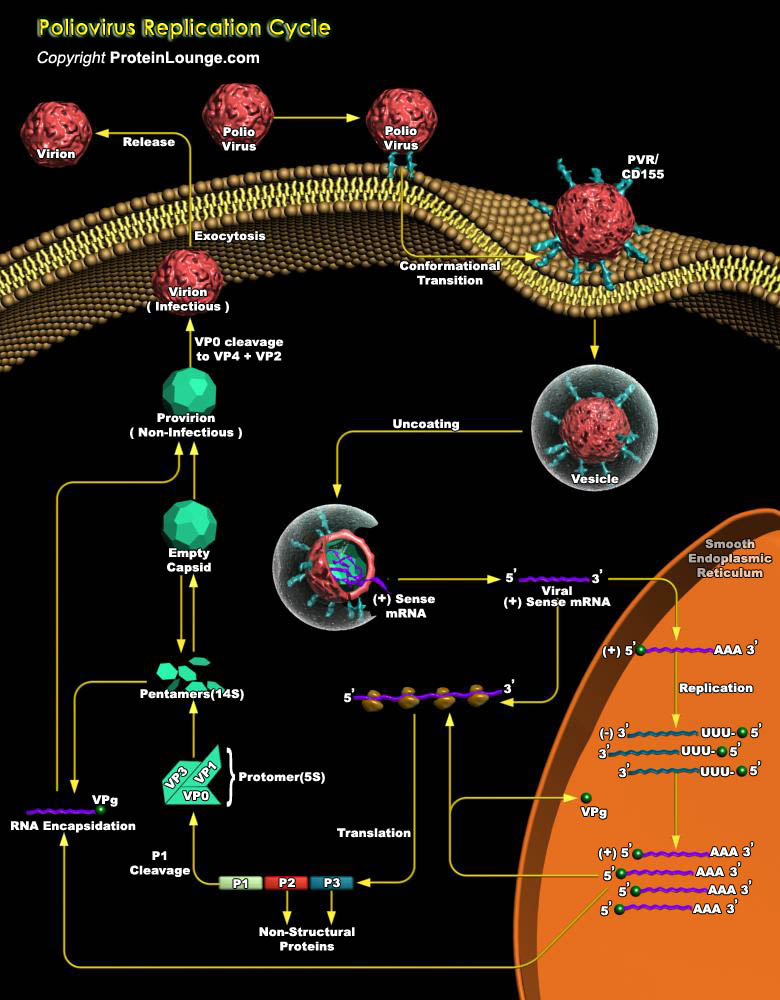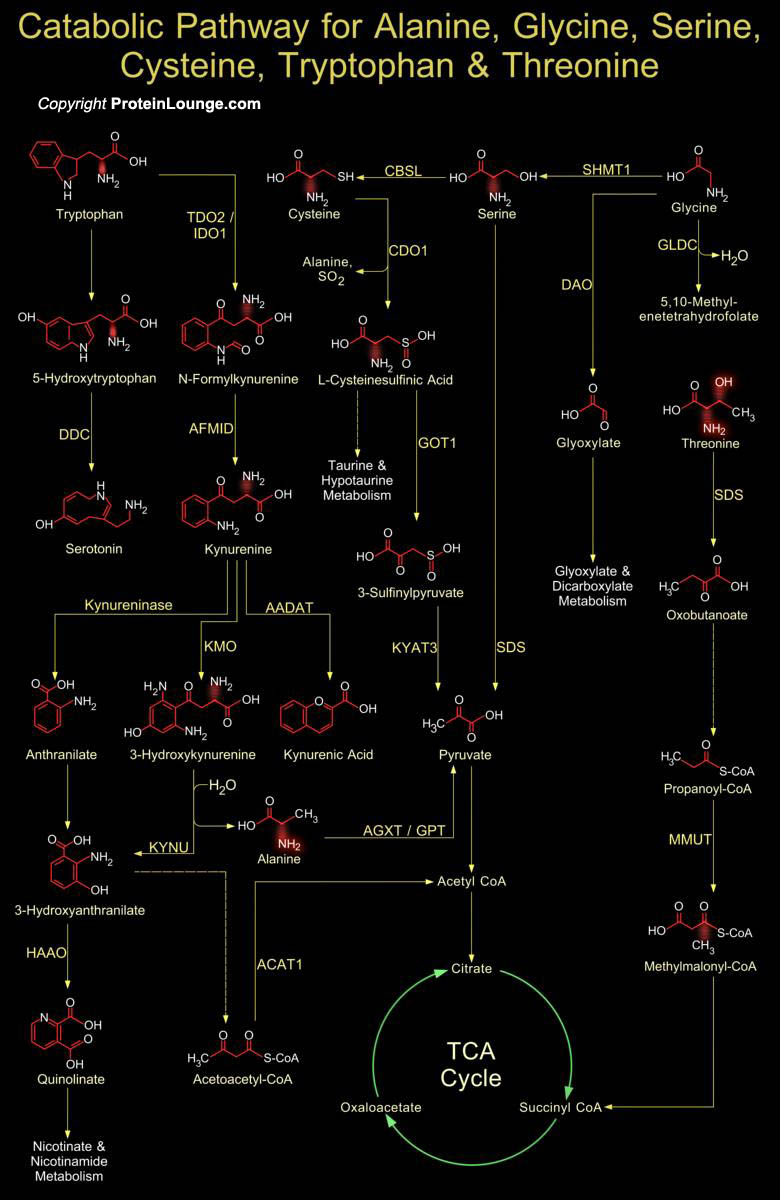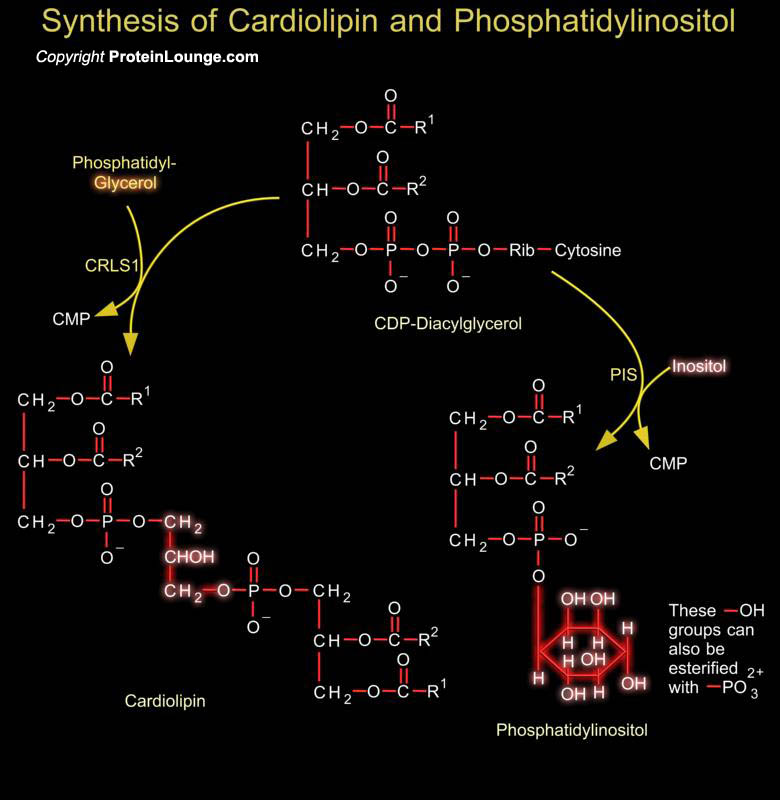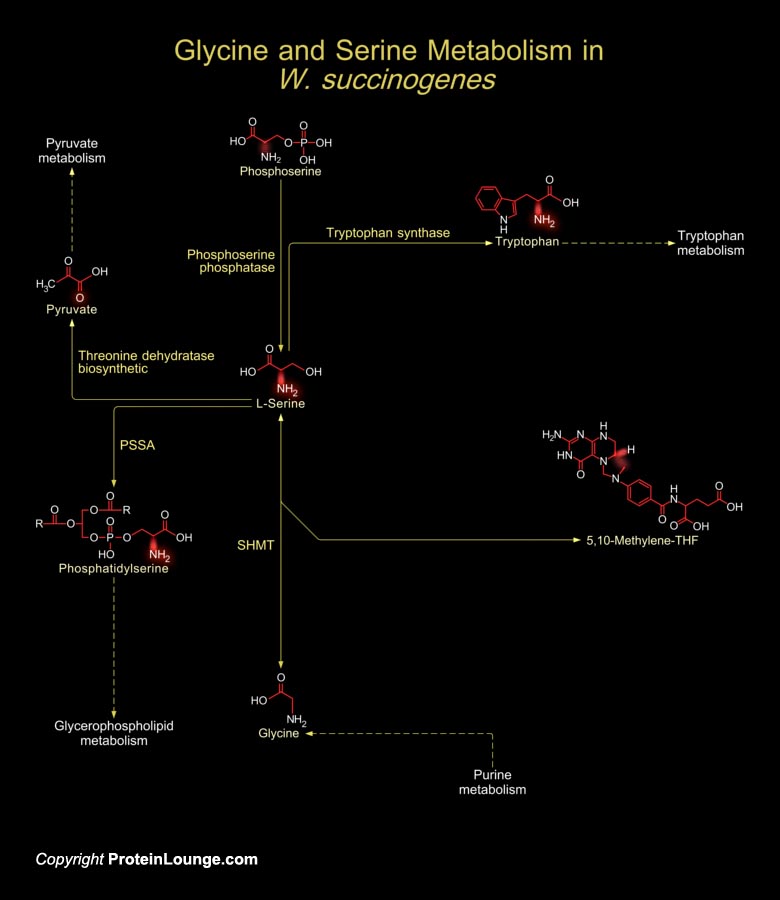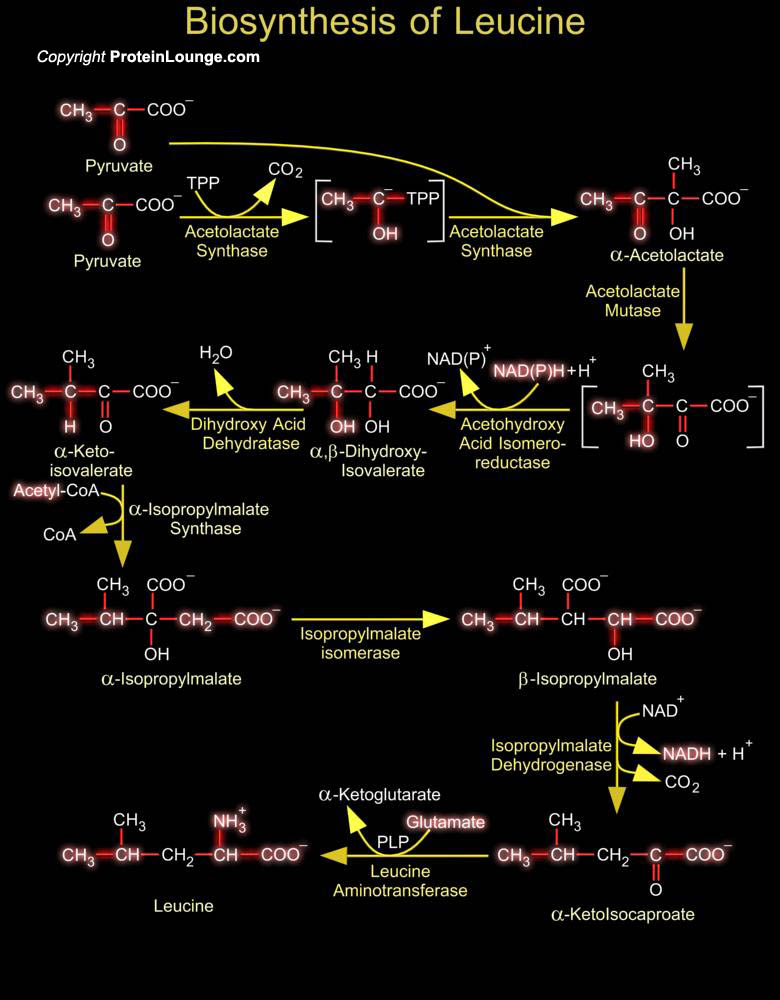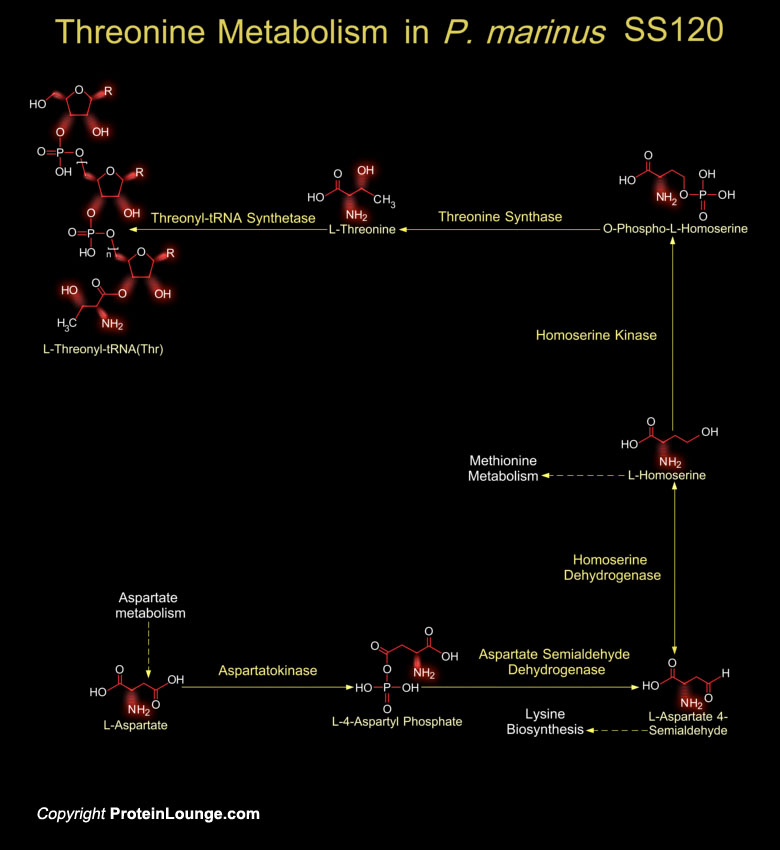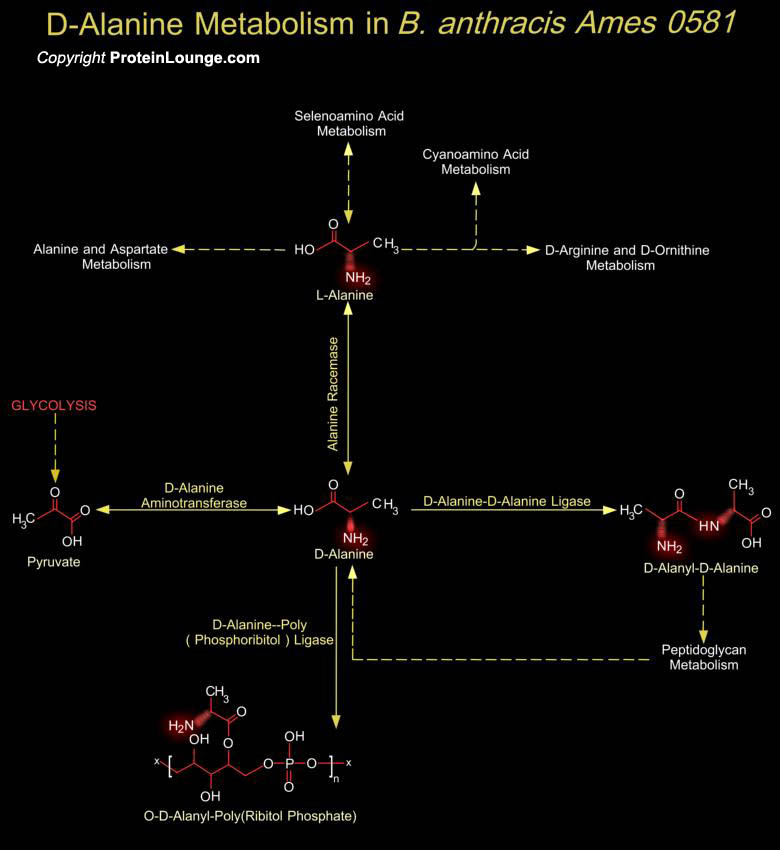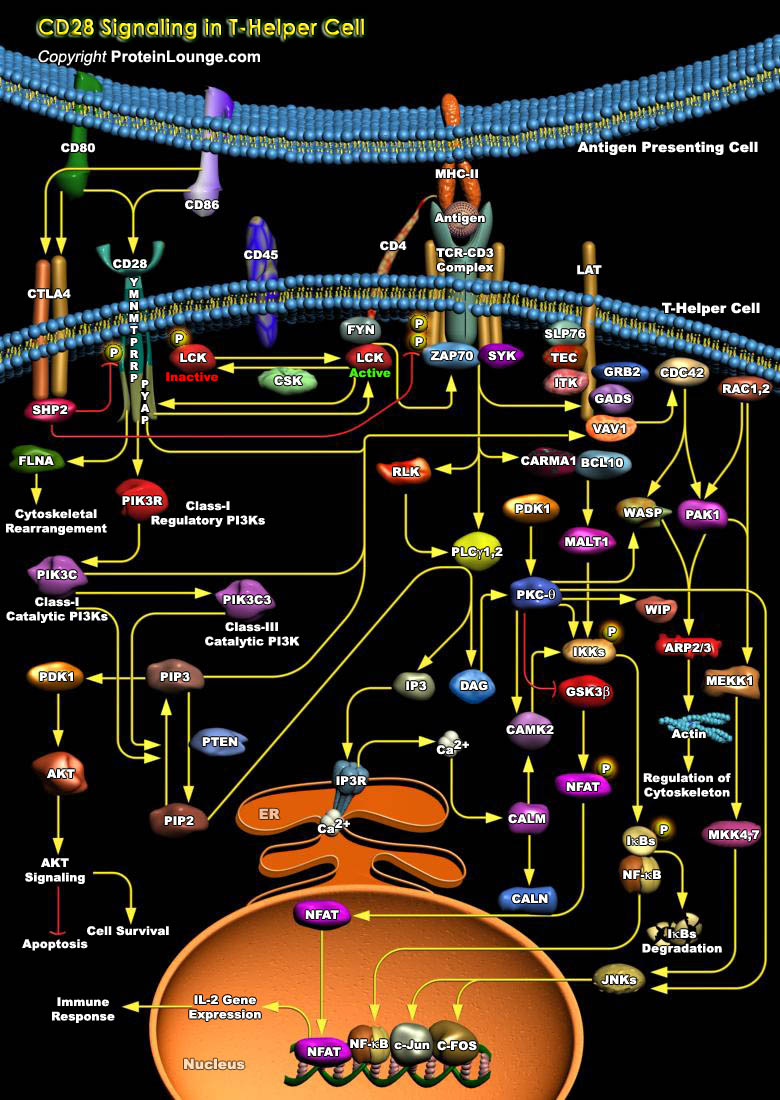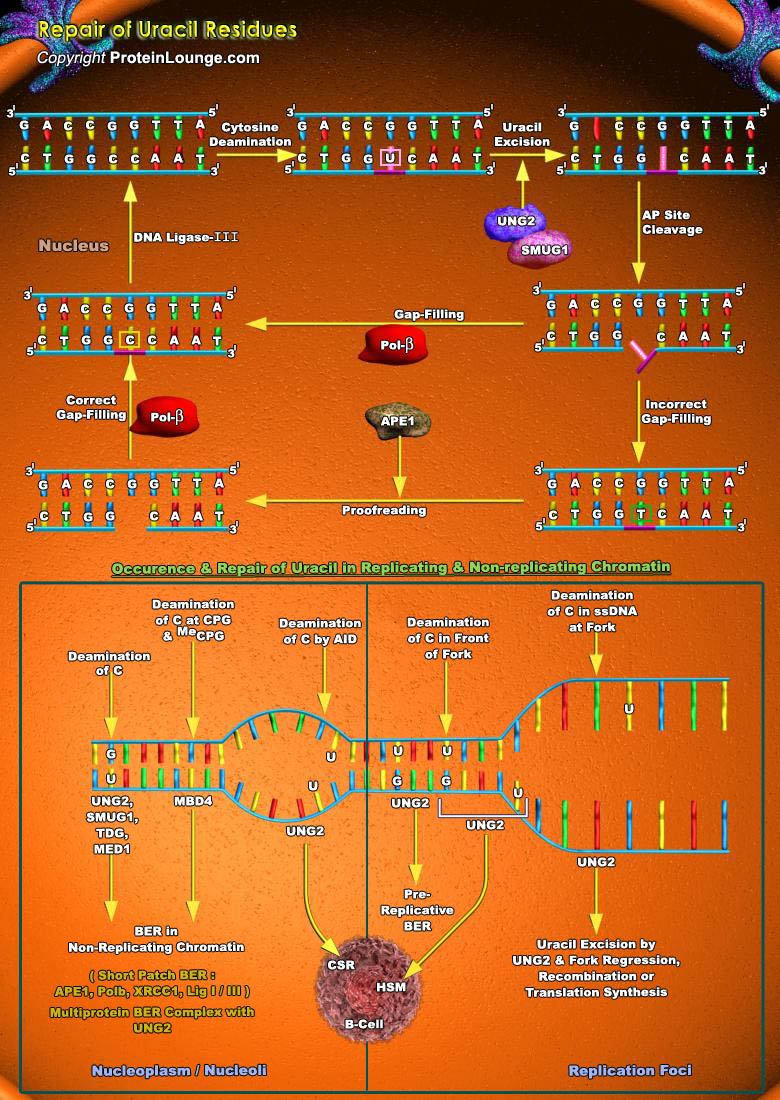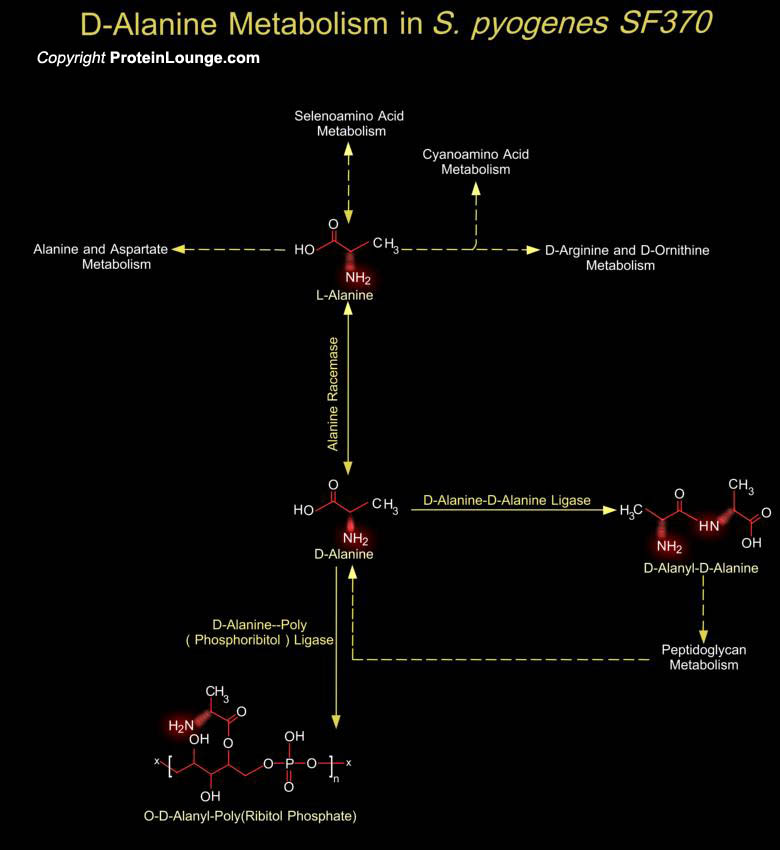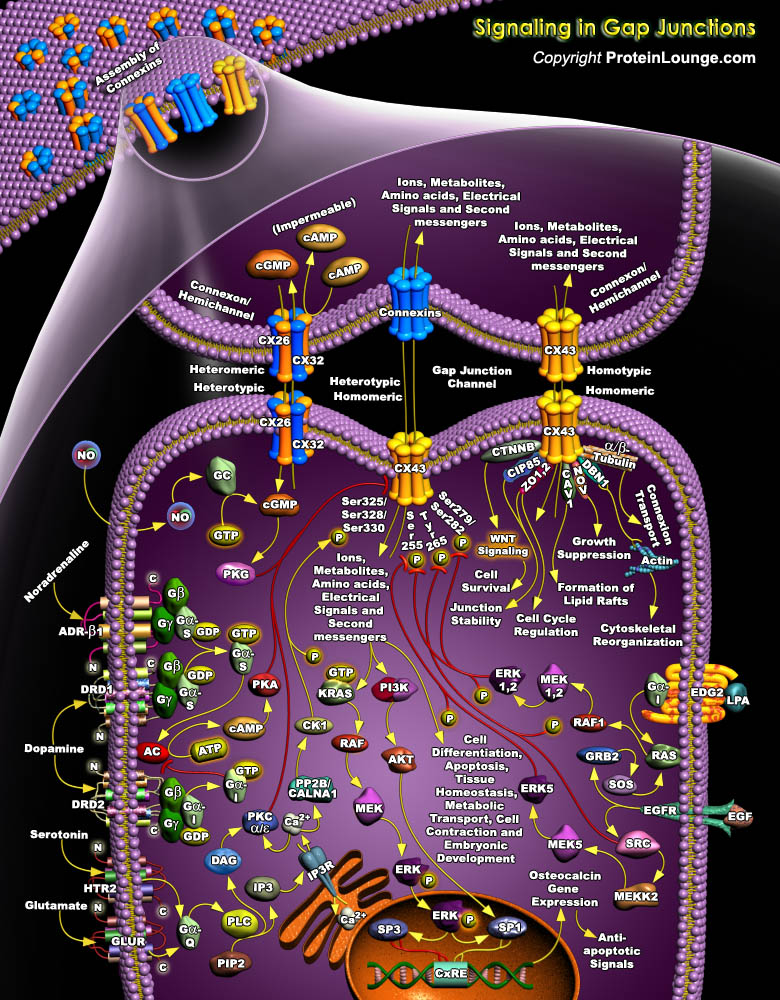Featured Pathways

Marine unicellular Cyanobacteria of the Synechococcus group occupy an important position at the base of the marine food chain. They are abundant in the world's oceans and as a result are one of the most numerous genomes on earth. They have the ability to acquire major nutrients and trace metals from the sub-micromolar concentrations found in the oligotrophic open seas and their[..]
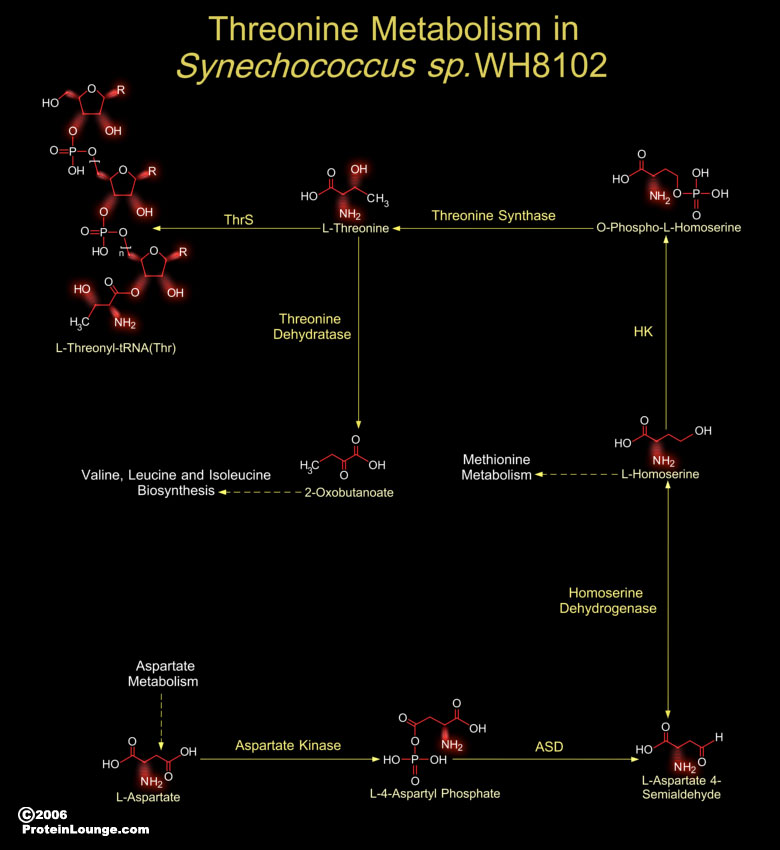
Marine unicellular Cyanobacteria of the Synechococcus group occupy an important position at the base of the marine food chain. They are abundant in the world's oceans and as a result are one of the most numerous genomes on earth. They have the ability to acquire major nutrients and trace metals from the sub-micromolar concentrations found in the oligotrophic open seas and thei
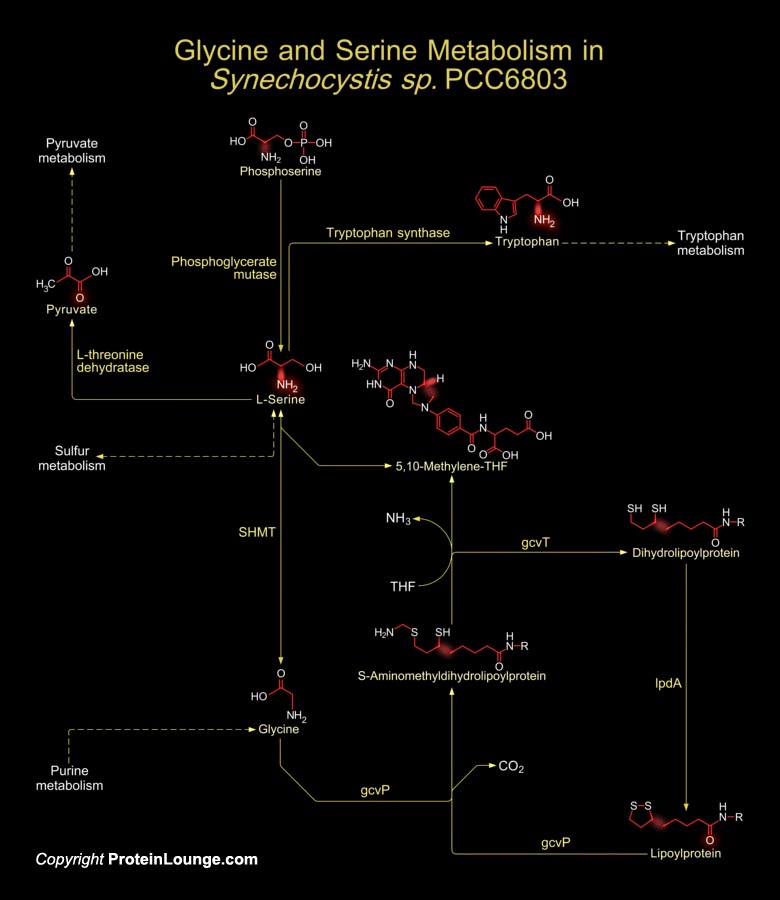
Cyanobacteria are photoatutrophic micro-organisms occuring in all photic environments. It is widely accepted that Cyanobacterial type endosymbiont are the ancestor of Chloroplasts in higher plants. Synechocystiae are unicellular, photoautotrophic, facultative glucose-heterotrophic cyanobacteria. They are oxygenic photosynthetic with two photosystems at their disposal, similar to those[..]
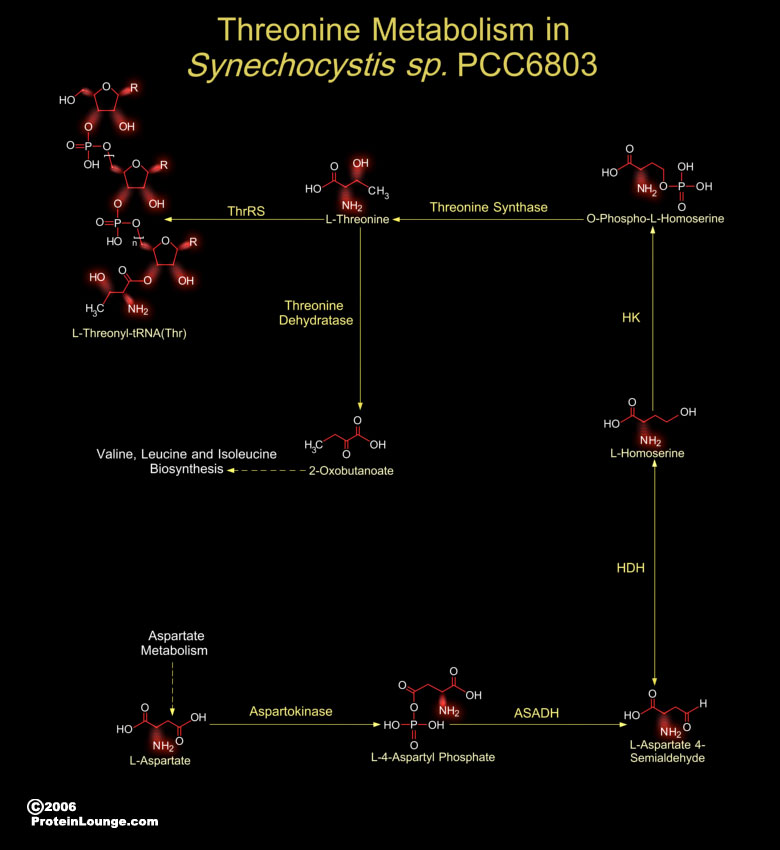
Cyanobacteria are photoatutrophic micro-organisms occuring in all photic environments. It is widely accepted that Cyanobacterial type endosymbiont are the ancestor of Chloroplasts in higher plants. Synechocystiae are unicellular, photoautotrophic, facultative glucose-heterotrophic cyanobacteria. They are oxygenic photosynthetic with two photosystems at their disposal, similar to those in Algae[..]
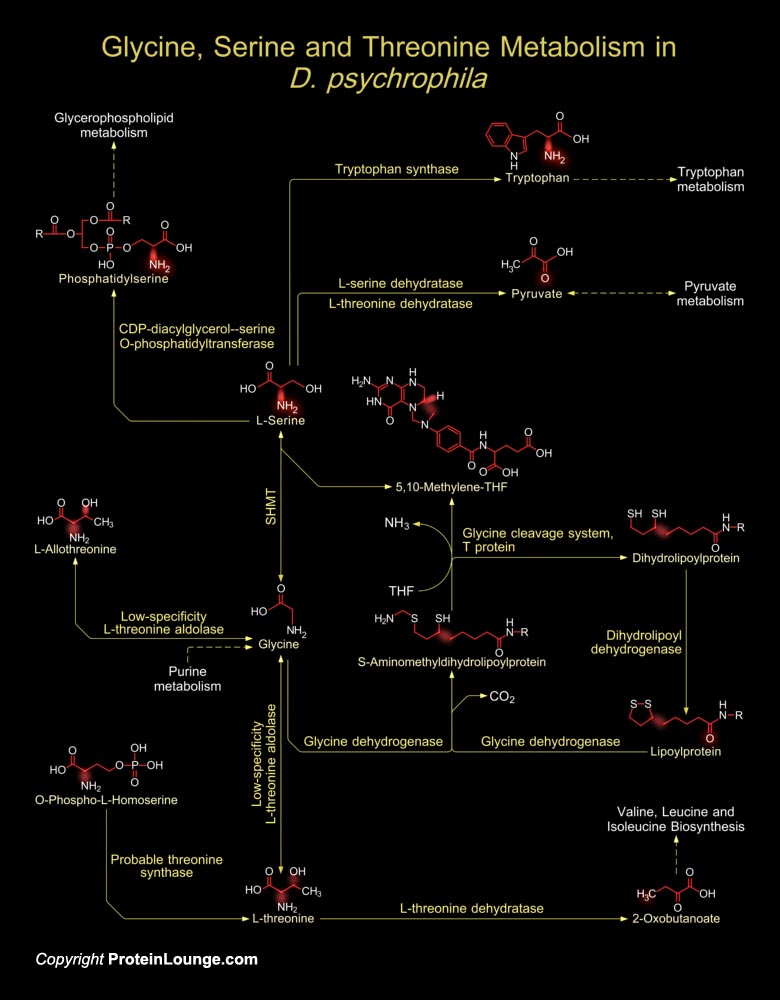
D. psychrophila (Desulfotalea psychrophila) is a sulfate-reducing Gram-negative Delta-proteobacterium that is able to grow at temperatures below 0°C, i.e., psychrophilic and reside mostly in cold arctic marine sediments. The main mode of energy generation in D. psychrophila is sulfate reduction through fermentation. Investigating the biochemical mechanisms of[..]
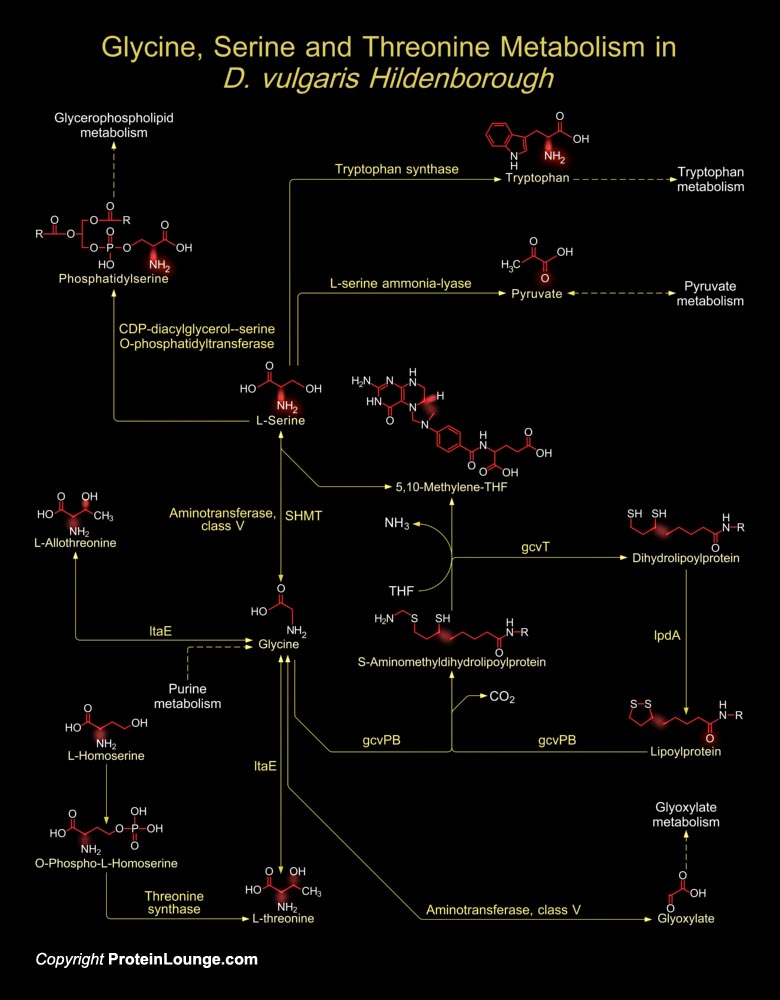
D. vulgaris (Desulfovibrio vulgaris) is a Gram-negative, anaerobic, non-spore forming, curved rod-shaped bacteria, isolated from soil, animal intestines and feces, and fresh and salt water. The distinguishing characteristics of Desulfovibrio species are that they contain Desulfoviridin, a multimeric-dissimilatory sulfite reductase. D. vulgaris Hildenborough oxidize[..]
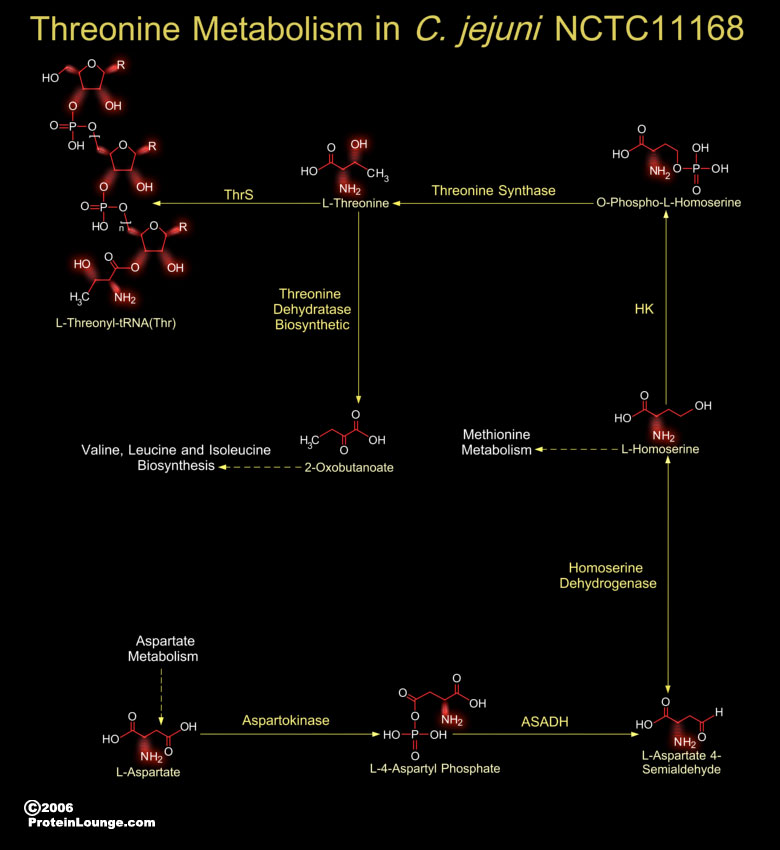
The Gram-negative, slender spiral-shaped, motile, asaccharolytic bacterium C. jejuni (Campylobacter jejuni) is commensal in cattle, swine, and birds. Campylobacteriosis is the illness caused by C. jejuni and is often known as Campylobacter Enteritis or human bacterial Gastroenteritis. Typical symptoms of C. jejuni foodborne illness include severe[..]
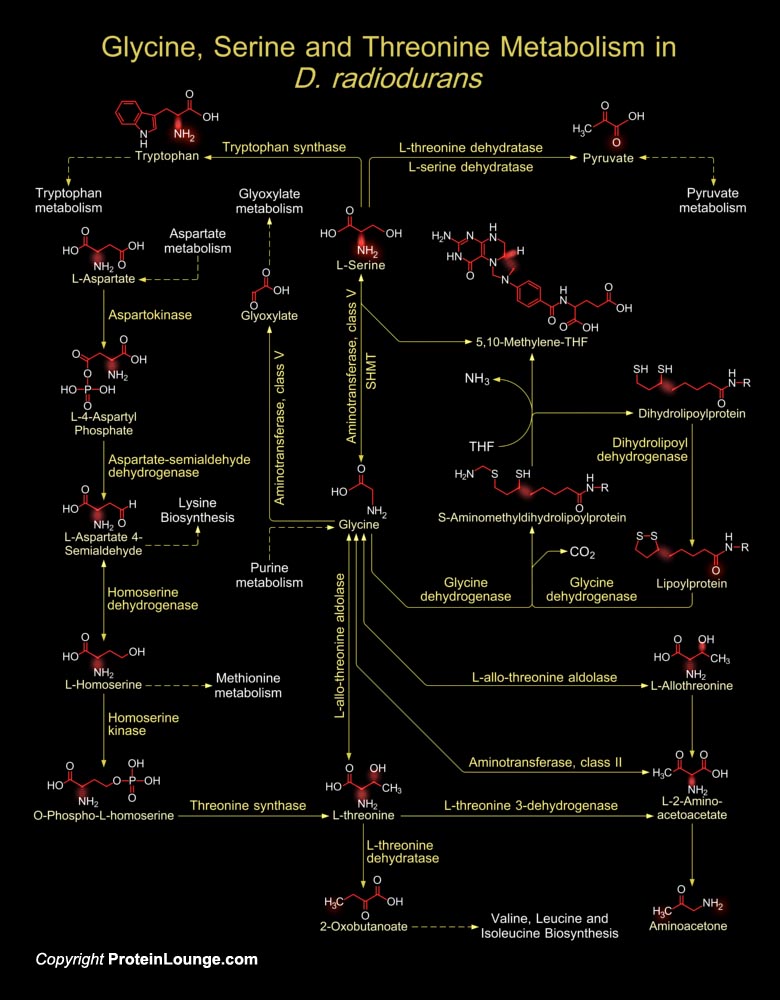
The bacterium D. radiodurans (Deinococcus radiodurans) is a Gram-positive, red-pigmented, non-motile bacterium that shows remarkable resistance to a range of damage caused by ionizing radiation, desiccation, UV radiation, oxidizing agents, and electrophilic mutagens. D. radiodurans is best known for its extreme resistance to ionizing radiation; not only can it grow[..]
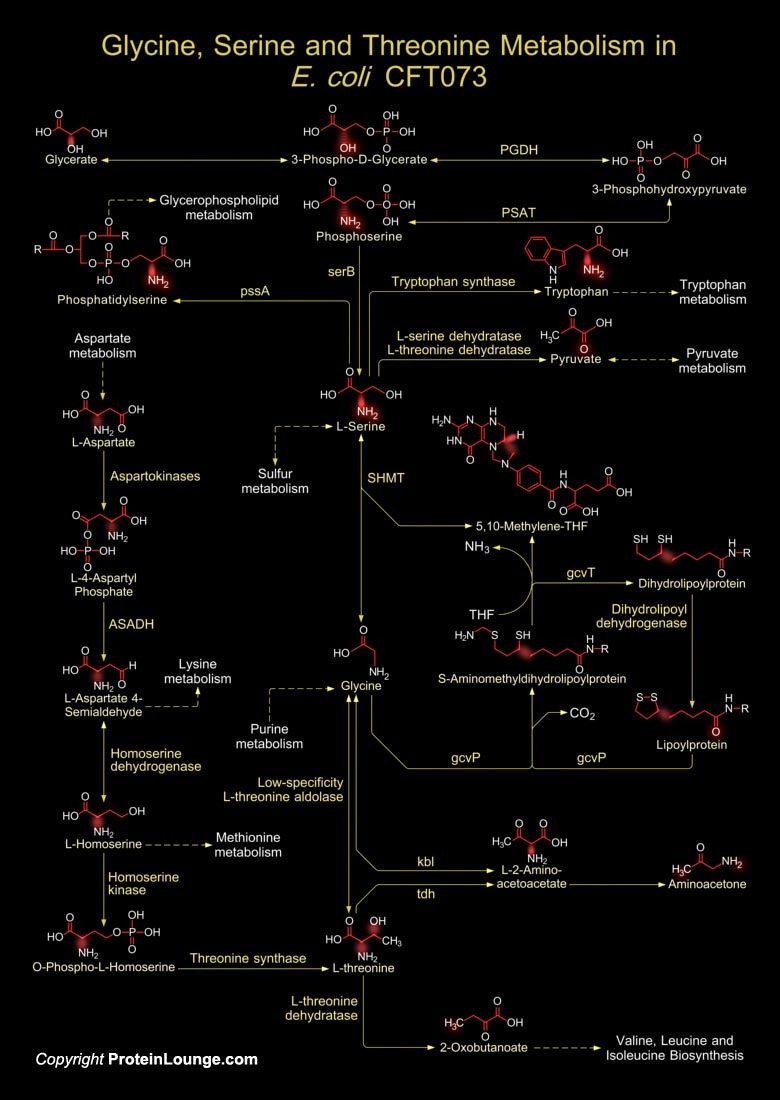
E. coli (Escherichia coli) is Gram-negative with external flagella. The strain E. coli CFT073 are uropathogenic and this group is responsible for Acute Cystitis and Pyelonephritis. E. coli is a remarkably diverse species because some strains living as harmless commensals in animal intestines, whereas other distinct genotypes including the enteropathogenic,[..]
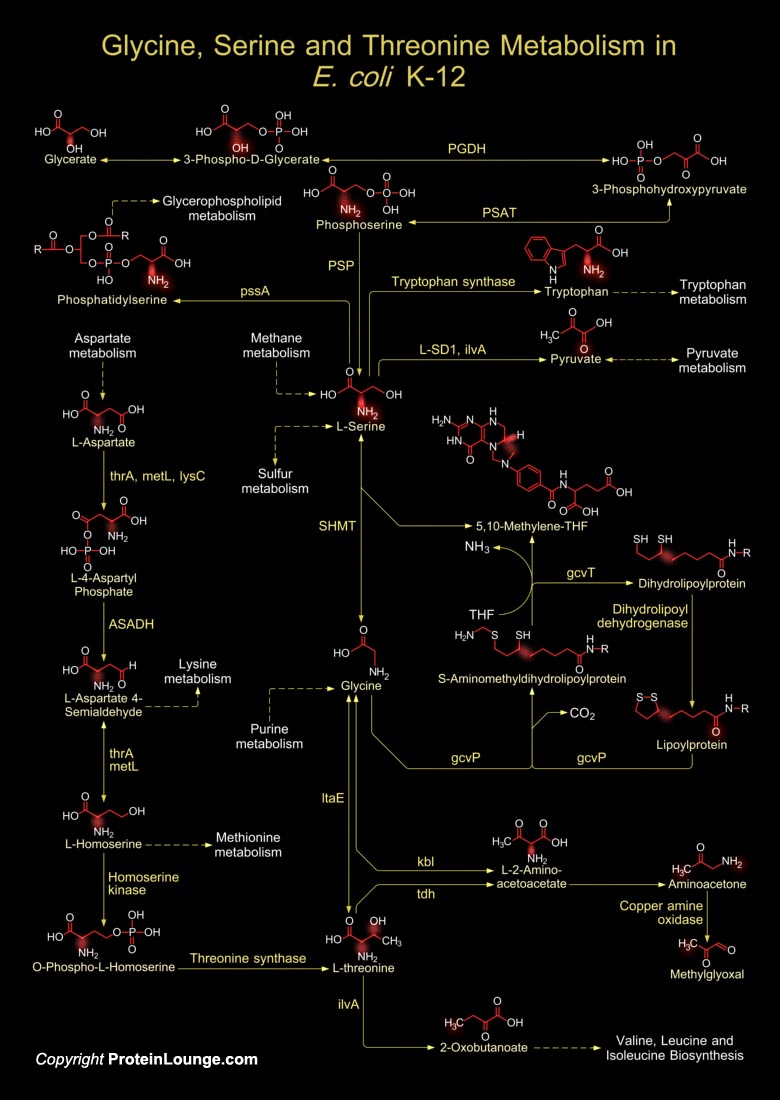
The bacterium E. coli (Escherichia coli) is one of the best and most thoroughly studied free-living organisms. It is also a remarkably diverse species because some E. coli strains live as harmless commensals in animal intestines, whereas other distinct genotypes including the enteropathogenic, enterohemorrhagic, enteroinvasive, enterotoxigenic, and enteroaggregative[..]
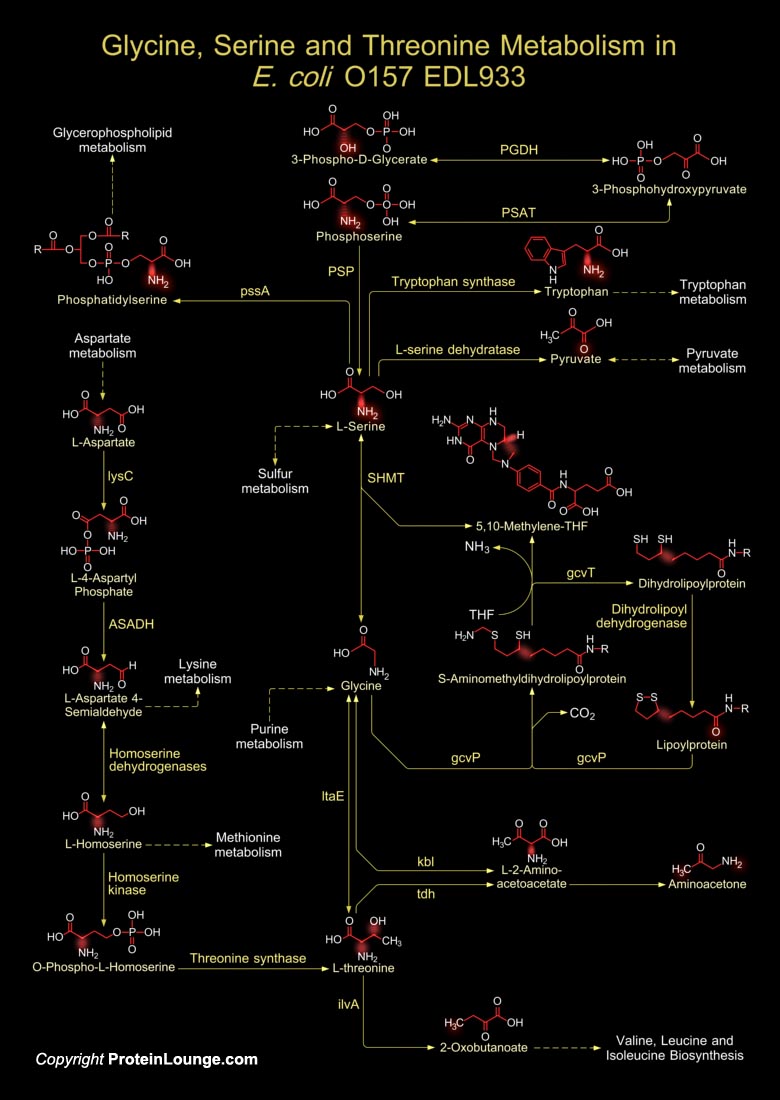
The bacterium E. coli O157 (Escherichia coli O157) is a worldwide threat to public health and are implicated in many outbreaks of Haemorrhagic Colitis, some of which included fatalities caused by Haemolytic Uraemic Syndrome. The severity of disease, the lack of effective treatment and the potential for large-scale outbreaks from contaminated food supplies have propelled intensive[..]
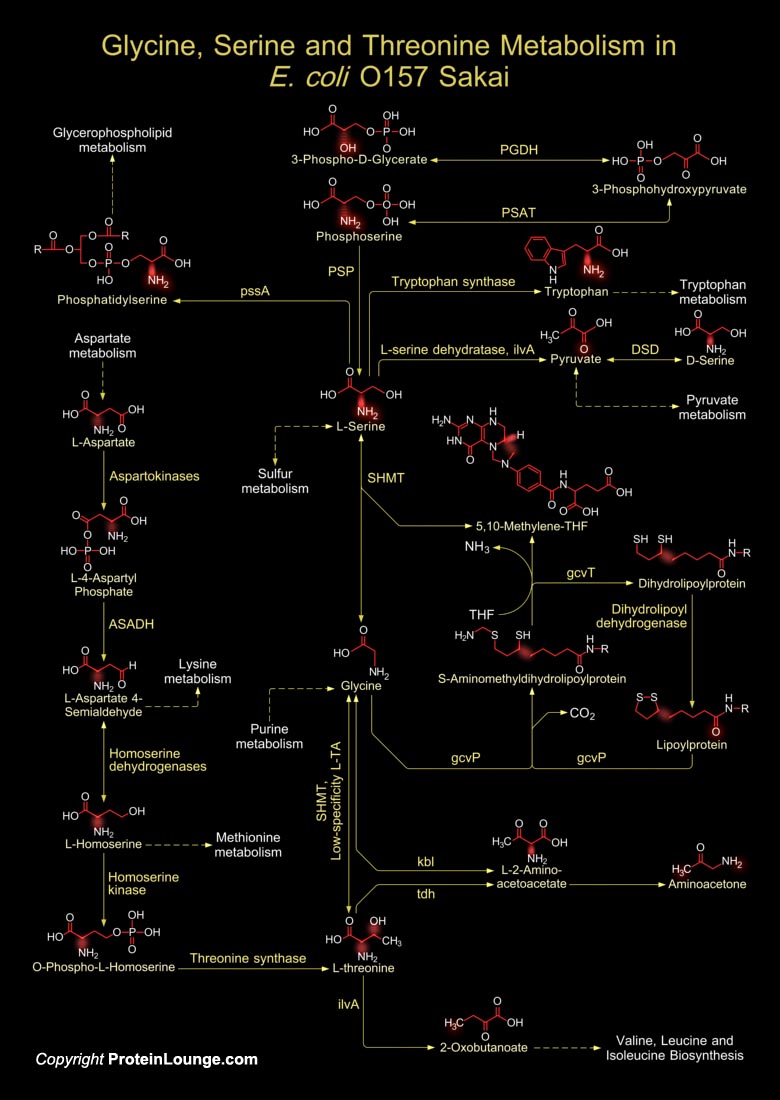
The bacterium E. coli O157 (Escherichia coli O157) is a worldwide threat to public health and are implicated in many outbreaks of Haemorrhagic Colitis, some of which included fatalities caused by Haemolytic Uraemic Syndrome. The severity of disease, the lack of effective treatment and the potential for large-scale outbreaks from contaminated food supplies have propelled intensive[..]

